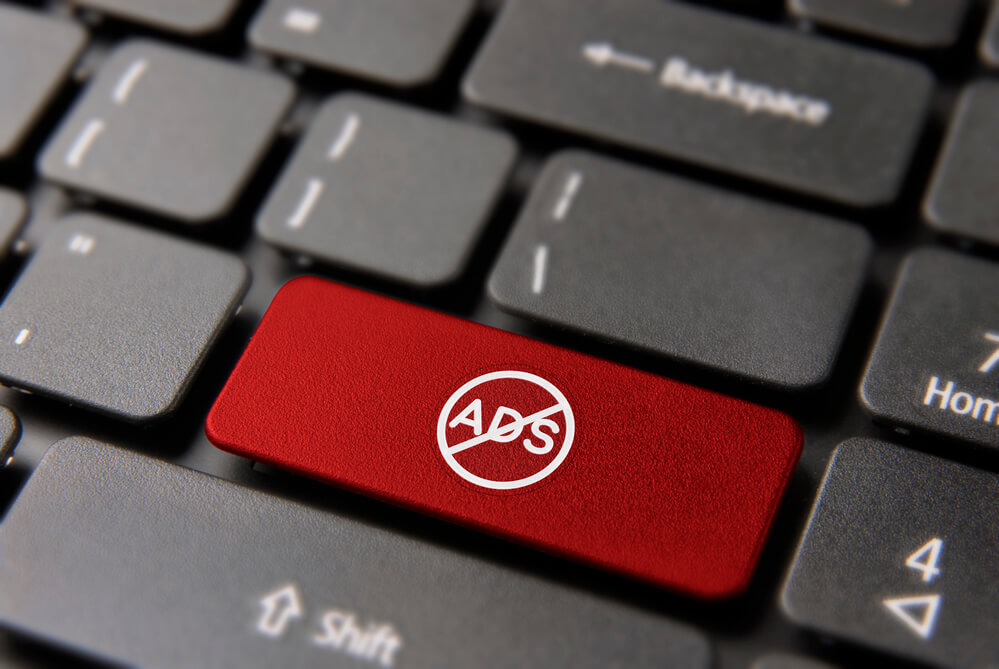What are trackers?
Trackers come in many forms. Generally, regardless of what form of tracking is used, trackers are designed to either 1) track you across different websites, web services, and web apps or 2) collect identifying information about you and your device(s).
Different tracking mechanisms collect different information; because of the variety of tracking methods and mechanisms, trackers collect a vast amount of information. They may even collect personally identifiable information (PII) and sensitive information; in some cases, they could transmit or otherwise share this information with various third parties.
Trackers - or rather, tracking techniques - have existed since the internet was conceived. They're nothing new, per se. Trackers and tracking mechanisms continue to evolve and in some instances may be aided by machine learning algorithms or "AI." Consistently we see that the tracking techniques of Big Tech, Big Data, Ad companies, and even state-sponsored organizations have become downright invasive.








